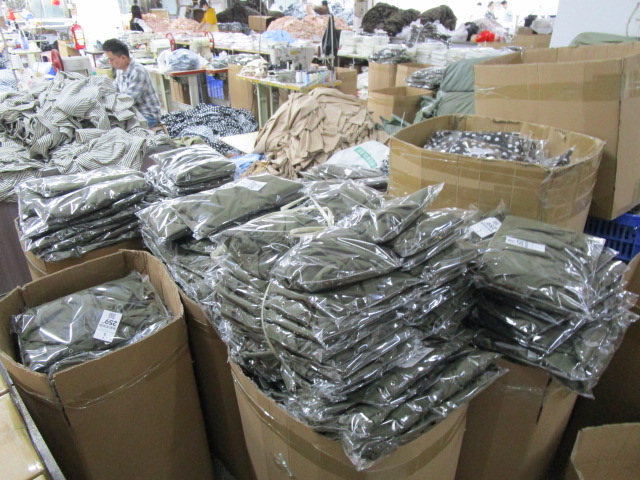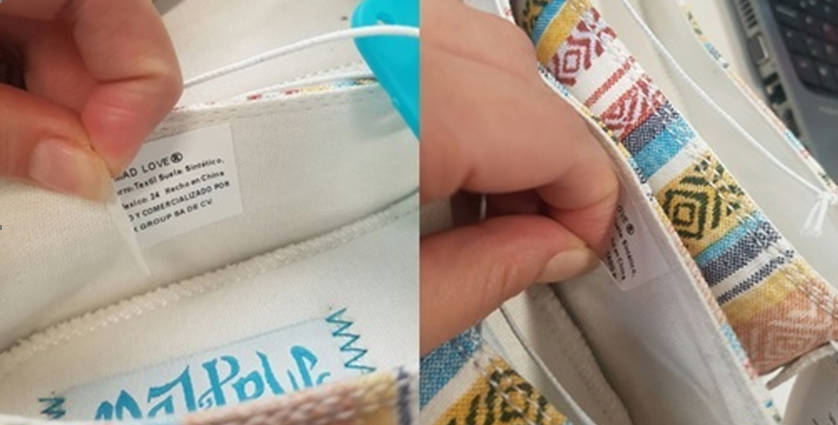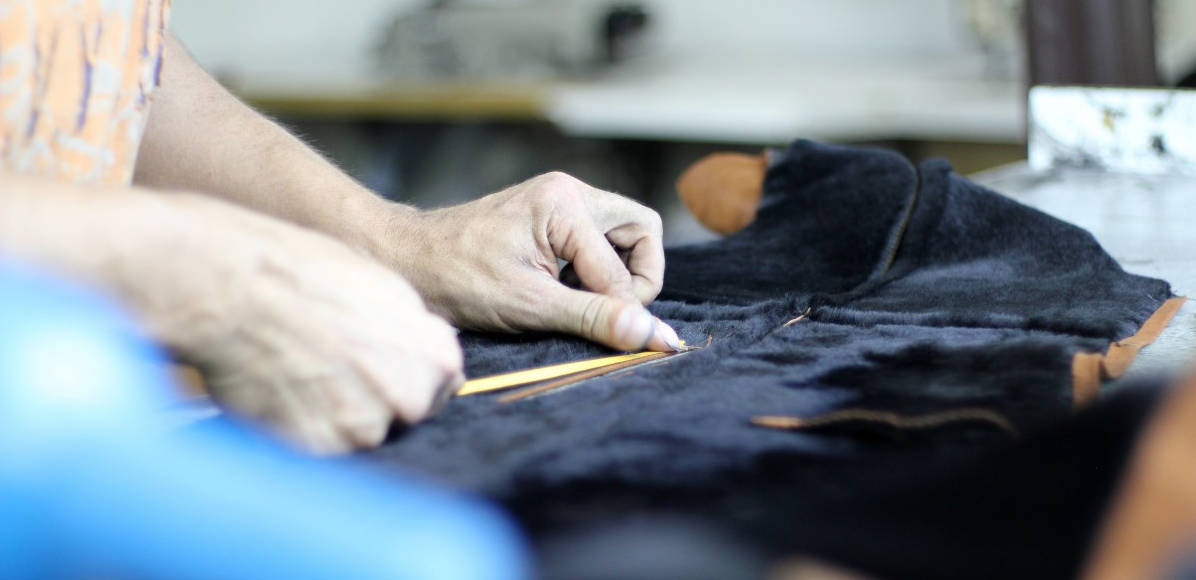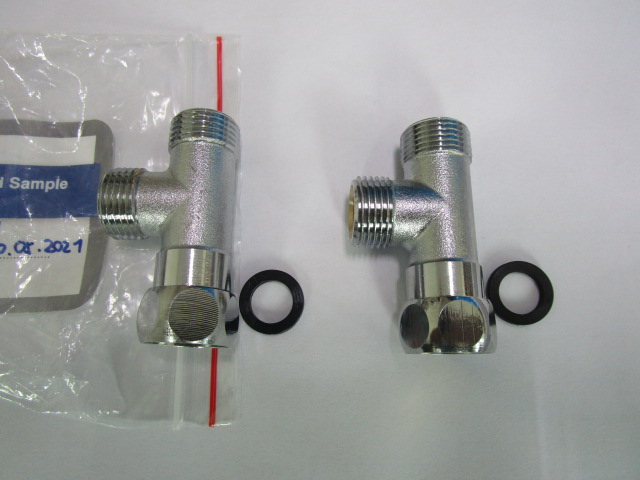
Gaming mice are a popular peripheral for gamers worldwide, and ensuring their quality is essential for customer satisfaction. Chinese factories play a significant role in the manufacturing of these devices, making it crucial to establish robust quality control measures. This article discusses the key steps involved in quality control and inspection, including raw material assessment, manufacturing processes, functional testing, and final product inspection. Additionally, it highlights the importance of adherence to international quality standards and the use of advanced technologies to enhance the quality control process.
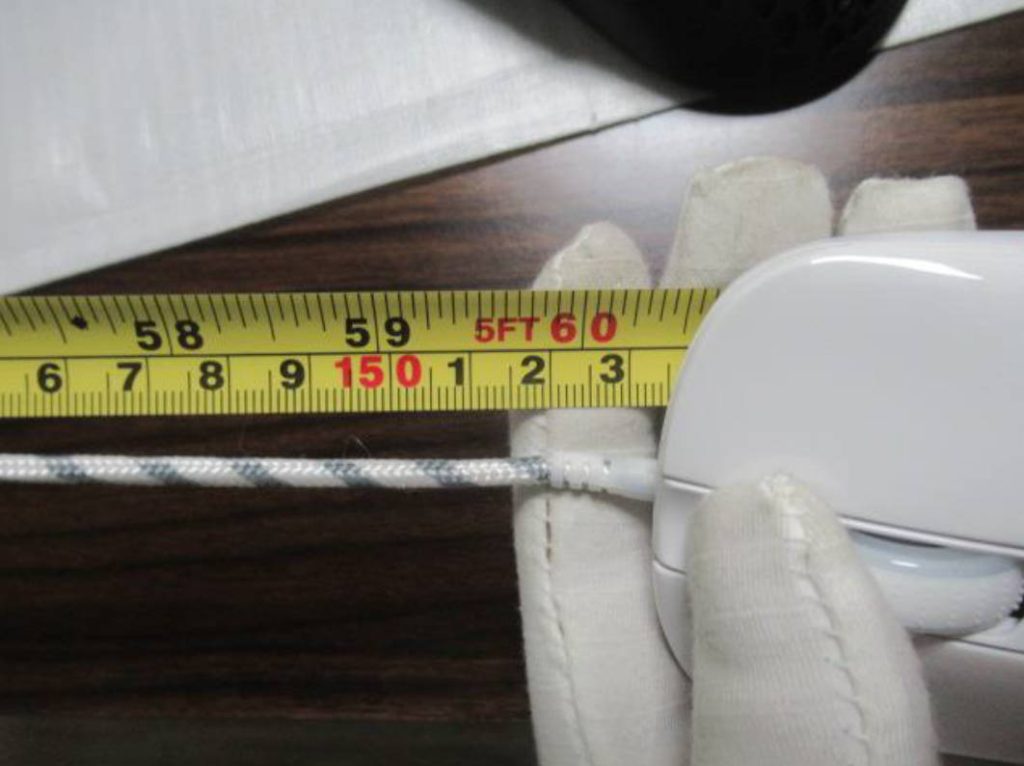
Contents
1.Raw Material Assessment
The first step in quality control is assessing the quality of raw materials used in manufacturing gaming mice. Chinese factories should establish partnerships with reputable suppliers and conduct thorough inspections of incoming materials, such as plastics, metals, cables, and electronic components. This includes verifying the authenticity, durability, and compatibility of the materials with the intended design specifications.
2.Manufacturing Processes
Chinese factories should implement standardized manufacturing processes to ensure consistency and quality throughout production. This involves training workers on proper assembly techniques, following standardized operating procedures, and maintaining a clean and controlled manufacturing environment. Regular audits and inspections should be conducted to identify and address any deviations from the established processes.
3.Functional Testing
To ensure the functionality of gaming mice, comprehensive functional testing is necessary. Chinese factories should develop robust testing protocols that cover all key features and functions of the mice. This includes assessing the accuracy of sensors, responsiveness of buttons, smoothness of movement, and compatibility with different gaming platforms. Automated testing equipment can be utilized to improve efficiency and accuracy during this stage.
4.Final Product Inspection
Before shipping the gaming mice, a Pre-shipment inspection should be conducted to ensure that they meet the predetermined quality standards. Chinese factories should employ trained inspectors who perform visual inspections, functional tests, and packaging checks. This helps identify any defects, cosmetic issues, or packaging discrepancies, ensuring that only high-quality products are released to the market.
5.Adherence to International Quality Standards
Chinese factories should prioritize compliance with international quality standards, such as ISO 9001, to enhance the credibility of their products. These standards provide guidelines for quality management systems and ensure consistent quality across different manufacturing stages. Regular audits and certifications should be pursued to demonstrate the commitment to quality and provide assurance to customers and stakeholders.
6.Advanced Technologies in Quality Control
Utilizing advanced technologies can significantly enhance the quality control and inspection processes. Chinese factories should consider implementing automated optical inspection systems, which use cameras and image recognition algorithms to detect defects and inconsistencies in the manufacturing process. Additionally, data analytics and machine learning techniques can be applied to identify patterns and potential quality issues, enabling proactive quality management.
7.Continuous Improvement
Continuous improvement is vital for maintaining high-quality standards. Chinese factories should establish feedback loops, gather data on product performance and customer feedback, and implement necessary improvements in design, manufacturing, and quality control processes. Regular training programs should be provided to enhance the skills of workers and keep them updated on the latest quality control techniques.
Efficient quality control and inspection processes contribute to customer satisfaction, brand reputation, and long-term business success. Chinese factories should invest in the necessary resources, including skilled personnel, equipment, and training, to ensure the effectiveness of their quality control measures. Collaborating with industry experts, quality consultants, and certification bodies can also provide valuable guidance and support in implementing best practices.
It is important for Chinese factories to establish effective communication channels with their customers and gather feedback on product quality and performance. This feedback can be invaluable in identifying areas for improvement and driving innovation in future product iterations. By actively involving customers in the quality control process, Chinese factories can build stronger relationships and enhance their understanding of market needs and preferences.


